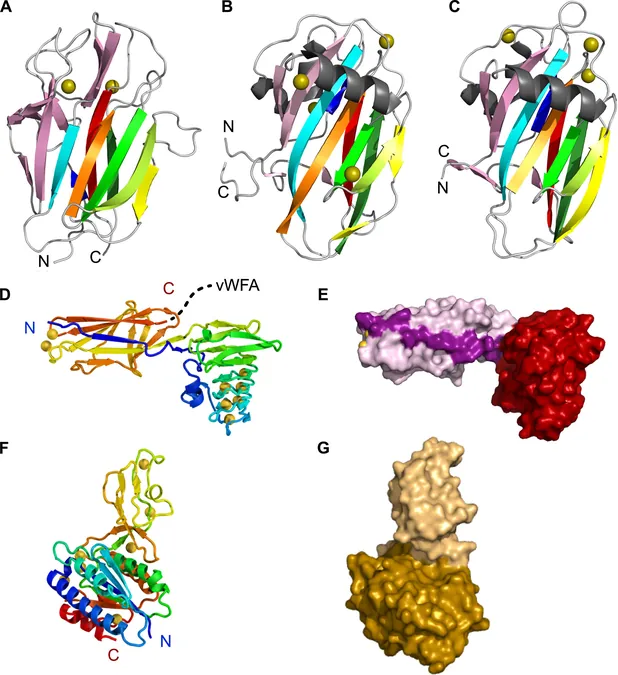
Revolutionary Approach to Stop Infections: Scientists Block Bacteria from Invading Cells
2025-05-20
Author: Daniel
A Groundbreaking Discovery in Infection Prevention
As fears about antibiotic resistance escalate, researchers are diving into innovative strategies to prevent bacteria from causing infections in humans and animals. Led by Dr. Peter Davies, a biochemistry professor and former Canada Research Chair at Queen's University, this ambitious project aims to understand how bacteria cling to host cells.
Unraveling the Bacterial Bonding Process
"We’re focused on uncovering the methods bacteria use to bind with their host cells," shares Dr. Davies. Utilizing the Canadian Light Source (CLS) at the University of Saskatchewan, his team visualized adhesins—elongated proteins found on most bacteria that latch onto sugars on cell surfaces. This initial attachment allows bacteria to form colonies and, ultimately, biofilms, setting the stage for infection.
A Game-Changing Strategy to Disrupt Attachment
The goal of this research, recently featured in the journal mBio, is to thwart this attachment process. Dr. Davies explains, "We aim to introduce a mechanism that tricks bacteria, preventing them from binding to host cells. " With the aid of artificial intelligence, the researchers constructed a three-dimensional model of the adhesin protein, identifying critical components that interact with human cells.
Creating Chaos Among Bacteria with Fucose
The research highlights a crucial binding site on the protein that connects with fucose, a simple sugar present on human blood cells. Remarkably, when they increased the concentration of fucose surrounding the bacterium Aeromonas hydrophila, known to pose risks to immunocompromised individuals, the bacteria became confused. Dr. Davies notes, "The excessive fucose disrupts their binding process because their protein sensors can't latch onto our cells due to the sugar overload."
Looking Ahead: The Next Steps in Infection Control
Moving forward, the team aims to synthesize compounds that mimic fucose but are not absorbable by the bacteria or human cells. This development could lead to a new type of drug that would lessen the need for large amounts of sugar in the system. Dr. Davies expresses optimism about the potential to patent these fucose analogs. "We envision developing a drug that could serve as an alternative to antibiotics," he states.
The Future of Infection Prevention
This revolutionary approach signifies a major leap forward in the fight against infections, paving the way for treatments that could effectively counter the growing threat of antibiotic resistance. Stay tuned as researchers continue to explore this promising avenue!


 Brasil (PT)
Brasil (PT)
 Canada (EN)
Canada (EN)
 Chile (ES)
Chile (ES)
 Česko (CS)
Česko (CS)
 대한민국 (KO)
대한민국 (KO)
 España (ES)
España (ES)
 France (FR)
France (FR)
 Hong Kong (EN)
Hong Kong (EN)
 Italia (IT)
Italia (IT)
 日本 (JA)
日本 (JA)
 Magyarország (HU)
Magyarország (HU)
 Norge (NO)
Norge (NO)
 Polska (PL)
Polska (PL)
 Schweiz (DE)
Schweiz (DE)
 Singapore (EN)
Singapore (EN)
 Sverige (SV)
Sverige (SV)
 Suomi (FI)
Suomi (FI)
 Türkiye (TR)
Türkiye (TR)
 الإمارات العربية المتحدة (AR)
الإمارات العربية المتحدة (AR)